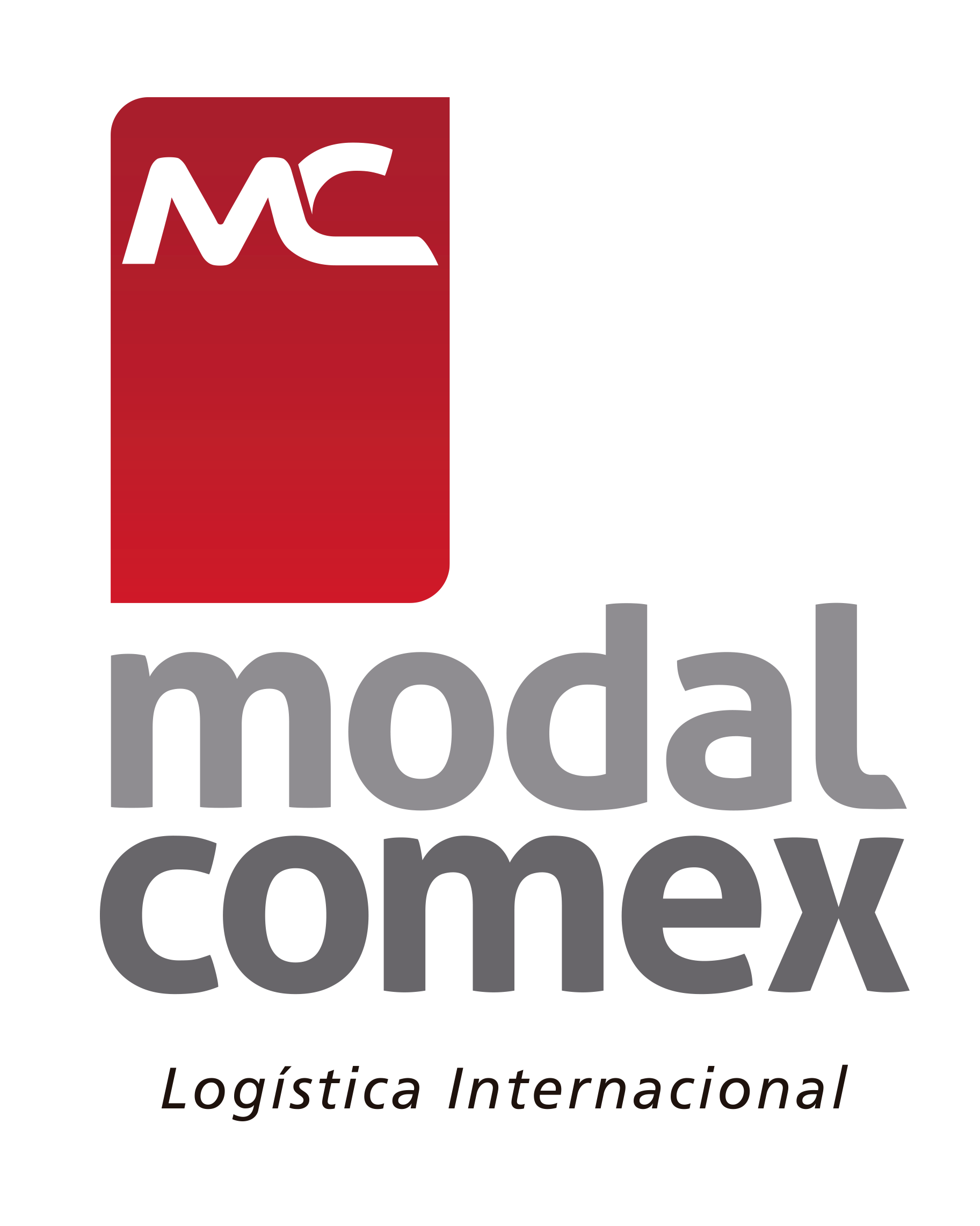Professionals seek balance between work and personal life

For many years, work was seen as the central and most important part of life. Uninterrupted dedication was glorified, and corporate mantras like “work while they sleep” were viewed as a recipe for success. With the arrival of a new generation and the advent of technology, this scenario is changing, especially in companies that have dealt with the COVID-19 pandemic. Although the health emergency created a major economic crisis and uncertainty about the future, it also gave professionals the opportunity to reflect more on their life purpose and the role of work in their journeys. People and companies are slowing down and seeking simpler lifestyles, with more quality and balance.
Changing Values in the Workplace
Values are changing, and most people no longer want to just work and climb the traditional hierarchy, focusing solely on making more money. The current focus is on flexibility, personal development, and purpose.
According to Anderson Sant’Anna, professor at the São Paulo School of Business Administration, Fundação Getulio Vargas (FGV), “In the past, someone’s identity was the company’s last name. Today, work has lost this centrality and people want more than that; they want to live other experiences.”
Expectations of Modern Professionals
According to a LinkedIn study, companies will need to adapt and reshape their cultures to meet the expectations of professionals seeking a more humane approach. The preferences highlighted are:
- Opportunities for professional development (59%)
- Flexibility (48%)
- Mental health and well-being (42%)
- Training managers for leading remote and hybrid teams (35%)
- Diversity and inclusion (26%)
Benefits of Workplace Flexibility
The research also shows that employees of companies offering flexible hours and locations are nearly 2.5 times more likely to be satisfied and about 2 times more likely to recommend the company to others.
Milton Beck, LinkedIn’s general manager for Latin America, notes that the rise of millennials and Generation Z in the workforce, combined with the changes brought by the pandemic and the acceleration of automation, are the main drivers of the redefinition of company cultures. He states: “The new generation of workers no longer accepts rigid molds, and companies already recognize that keeping employees in the office for 8 hours a day is neither advantageous nor productive.”
Focus on Employee Well-Being
Employee well-being remains a top priority worldwide, with many companies adapting their policies and rethinking their corporate cultures to focus on the mental and physical health of their employees.


